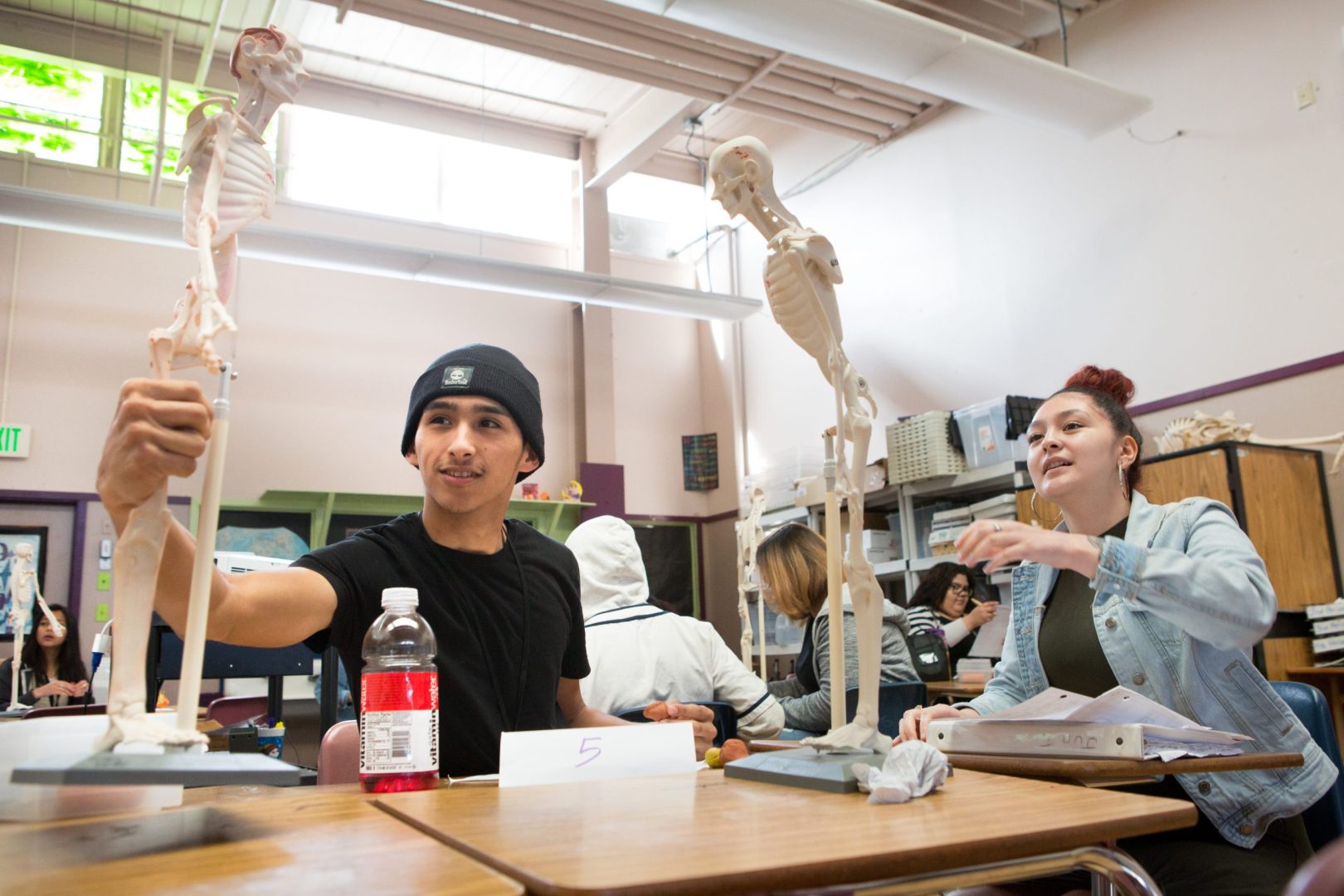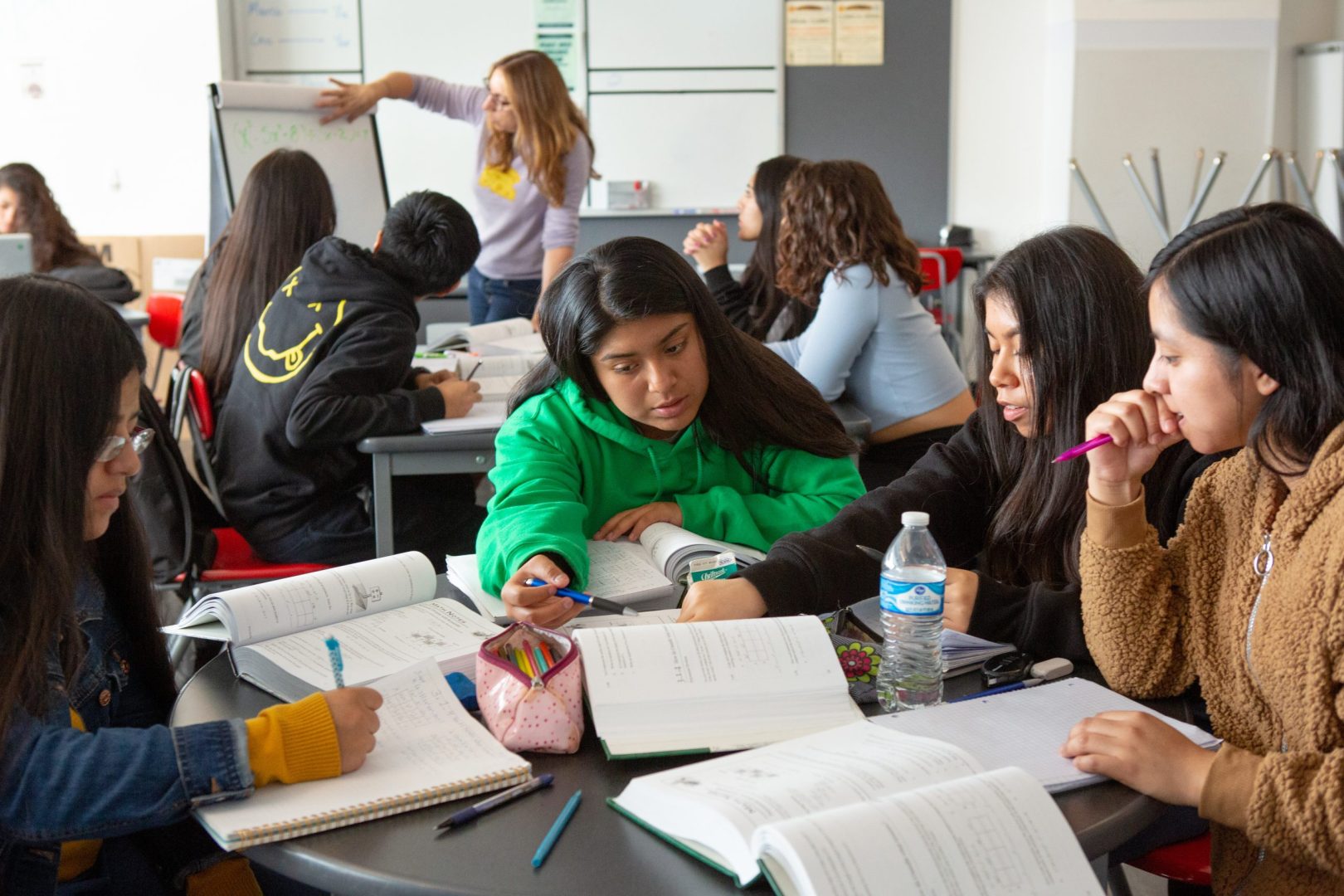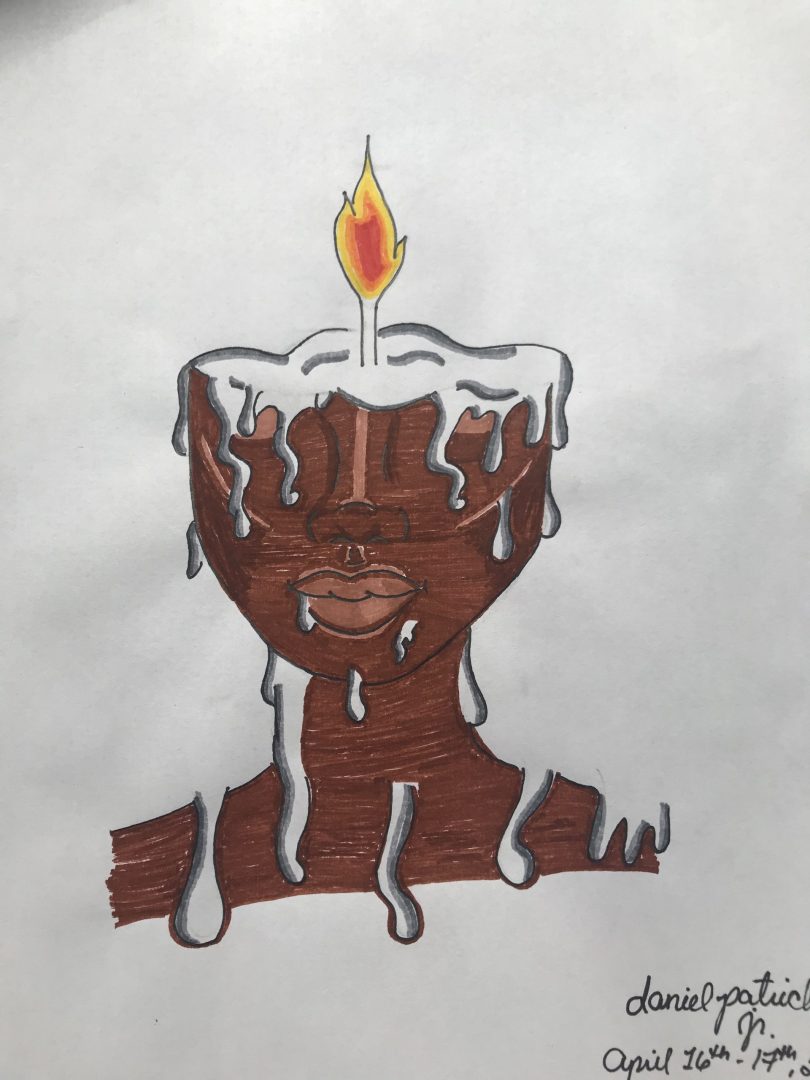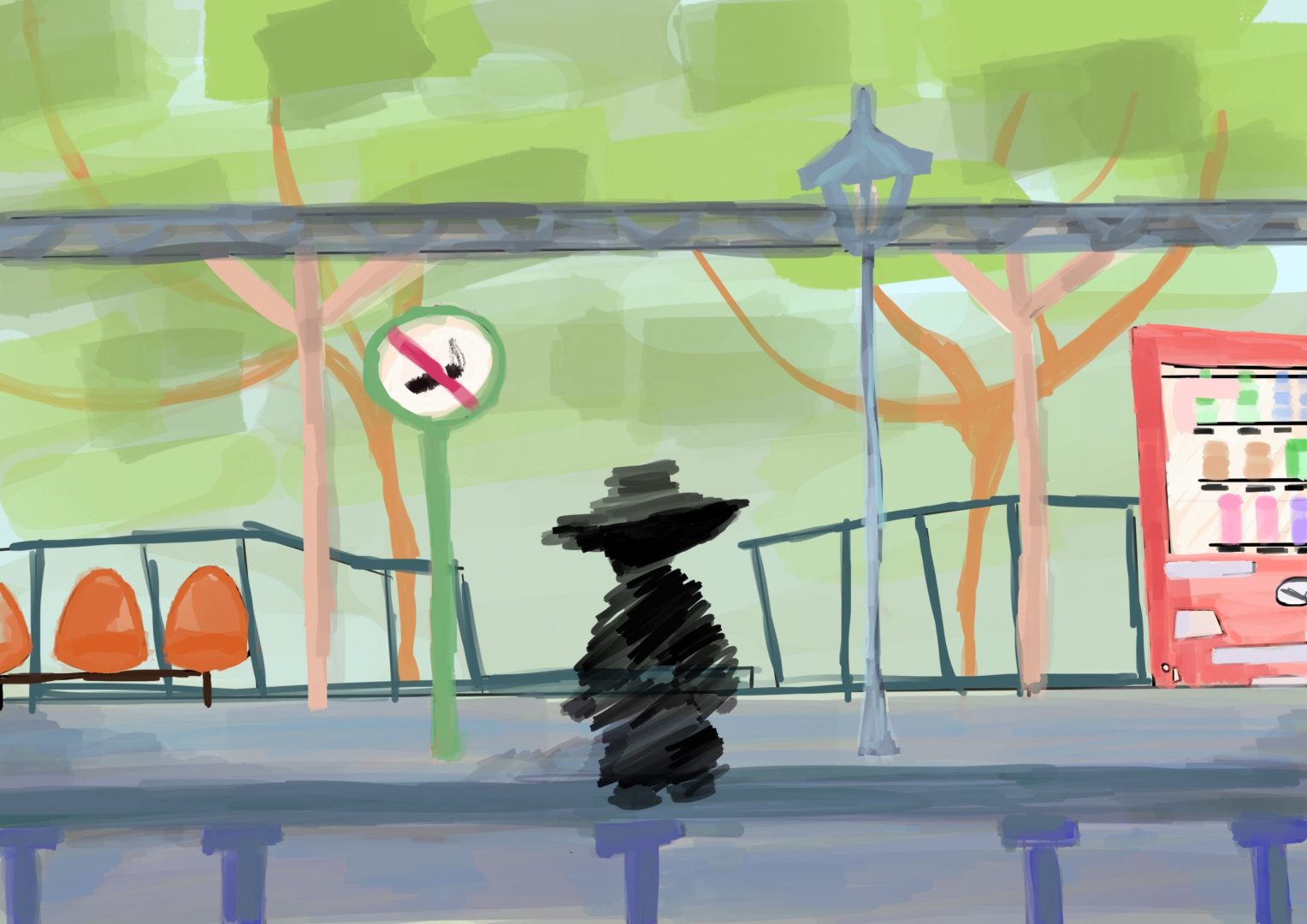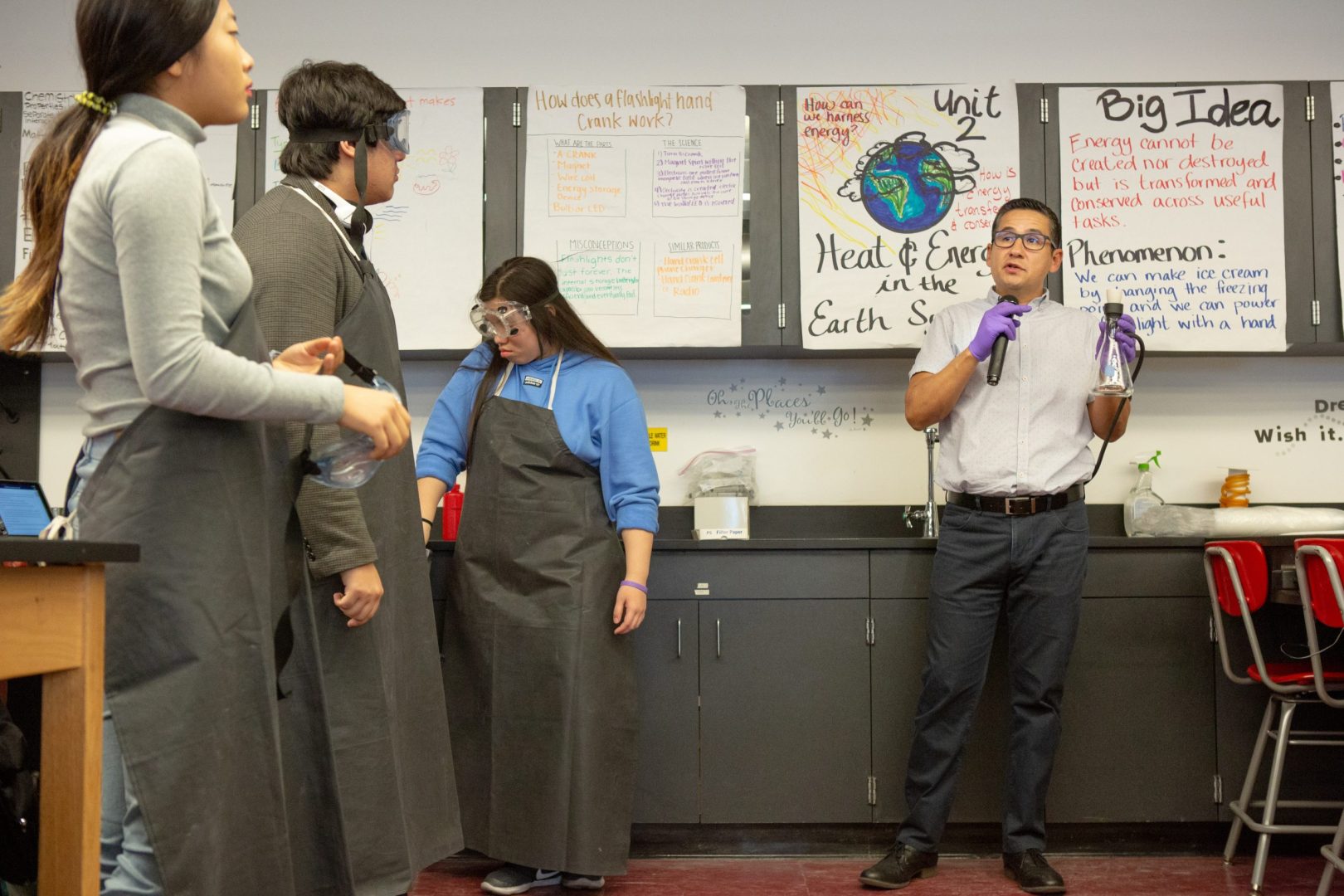How do young people see themselves and think about their future careers and lives?
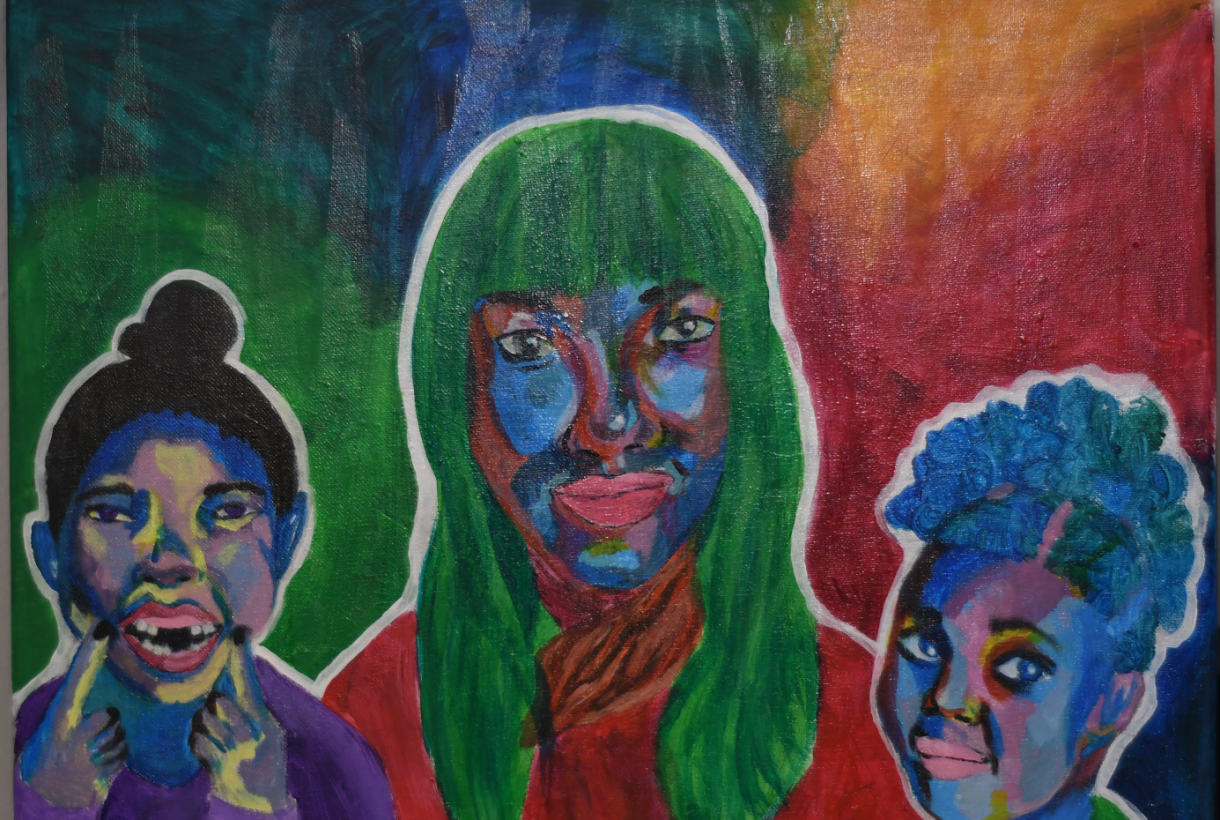
Overview Research into how young people form their occupational identities
From 2018-2019, Equitable Futures gathered key insights from qualitative and quantitative research with over 4,000 young people on how they see themselves and the opportunities and challenges they anticipate in pursuing their career and life goals.
Oakland, CA, Black female, 15-22, lower-incomeWhen I want to do something, I am determined that I am going to do it. There is no changing my mind. I’m going to do it.
Being a young person in America should be a time of exploration and possibility — when education and employment opportunities give young people the chance to develop their identities, their dreams about their future lives, and forge trusted relationships outside of their families. Black and Latino young people, and young people experiencing poverty, continue to encounter barriers to accessing these opportunities — barriers that include structural inequities and bias in education and employment institutions and generational cycles of poverty.
Striving to Thriving is the foundational body of research that informs the content developed by Equitable Futures for the many fields working to support young people in achieving their career and life goals. The research, conducted by Goodwin Simon Strategic Research from 2018-2019, gathered perspectives from young people in urban and rural areas across the nation. Striving to Thriving included in-depth interviews, focus group discussions, and a national youth poll. Research participants included Black and Latino young people from households from all income levels, and white young people experiencing poverty, between the ages of 15-22.
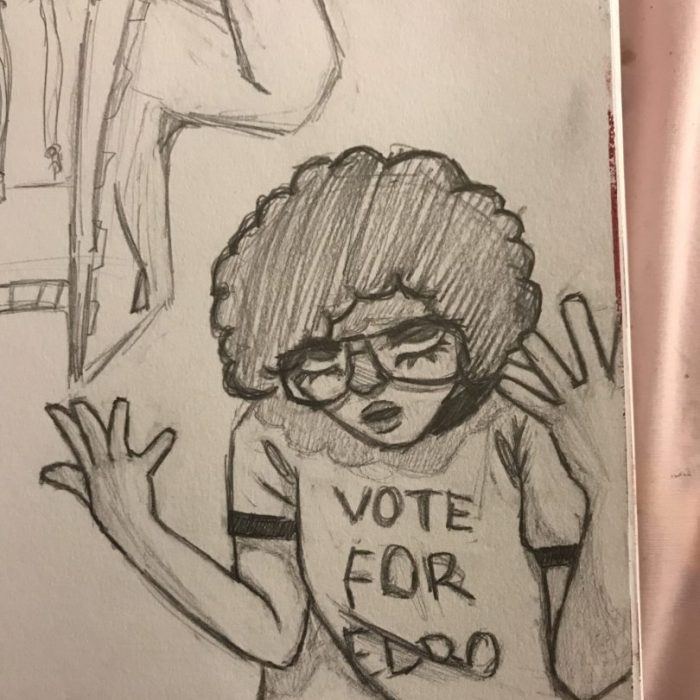
Artwork: Lonnie Allen
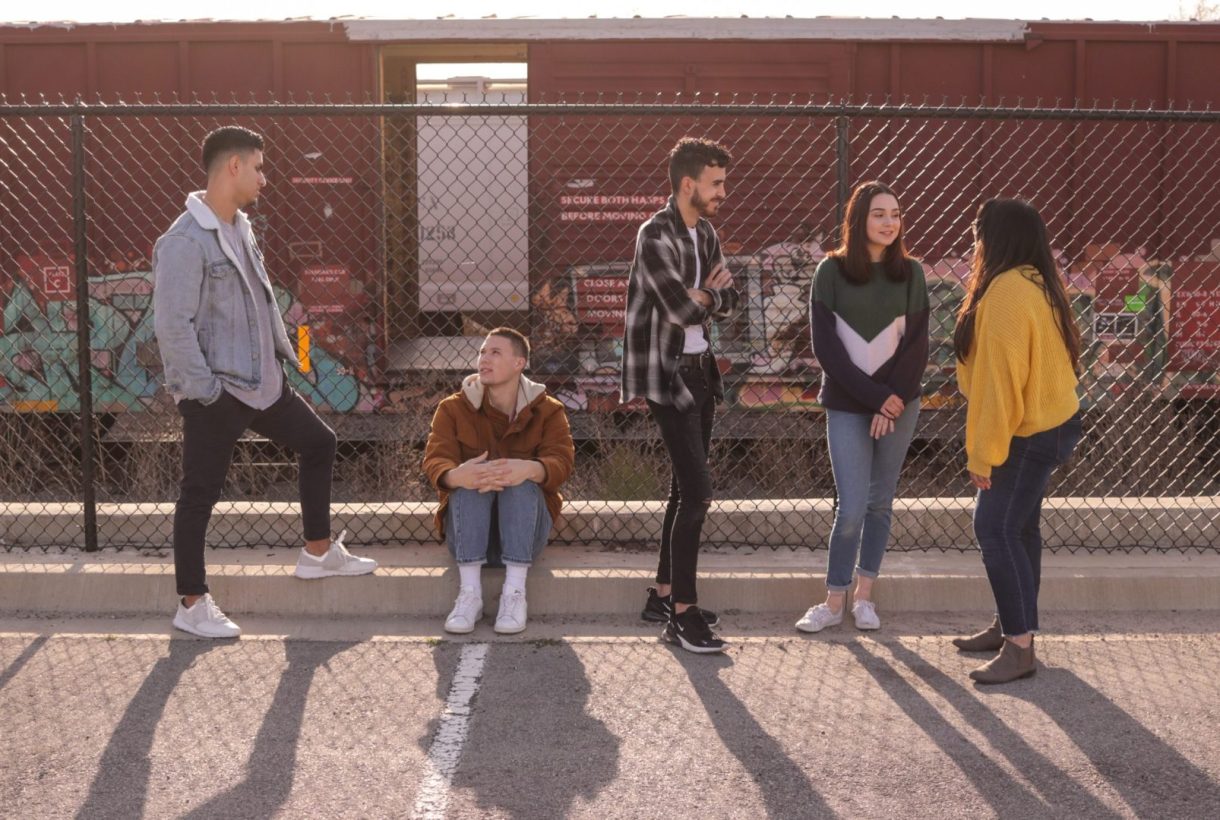
Key research insights How young people see themselves and their future careers and lives
The Striving to Thriving research effort aimed to better understand how young people form their occupational identities: how they see themselves, what they feel they are good at, and where they feel they belong, in terms of their future career goals and lives.
When young people’s perspectives are not taken into consideration, adults are more likely to produce tools and services that are not reflective of the rich diversity and range of the goals young people set for themselves. So, what would it look like to change this dynamic? What might we discover if we let young people’s experiences and perspectives drive the conversations about their education and work goals? Specifically, what does meaningful employment and a happy, productive life look like through the eyes of young people?
When we analyzed the diversity and quality of experiences young people have — or hope to have — as they navigate education and work pathways, key insights emerged about how young people see themselves and the language they use to describe their career and life goals.
For professionals in the field, these research insights may open the door to new ways of designing programs that lift the prospects of Black and Hispanic youth and youth from households with low incomes and help guide equitable philanthropic strategies that improve their educational and career outcomes. The insights can also shape the narratives we tell and share among stakeholders, including future employers, families, and certainly young people themselves, about how occupational identity is formed and influenced — and how young people define, refine, and pursue the good life they imagine for themselves over time.

Artwork: LaDasia Bryant
To make key insights from Striving to Thriving actionable, Equitable Futures translated the key insights into core concepts that can help adults who support young people in their career pathways center young people’s voices and perspectives. For example, a key insight from Striving to Thriving was that young people see themselves as their own best change agents. Another key insight was that Black and Latino young people experience identity as an asset. These insights have been translated, respectively, into the core concepts of “I can change my life” and “My identity will help me succeed.”
These core concepts are not intended to be prescriptive conclusions about how young people see themselves and their career pathways. Rather, they are intended as conversational guideposts, based on focus groups and surveys with thousands of Black, Latino, and white young people, when learning about the best ways to support young people based on how they see themselves and their futures.
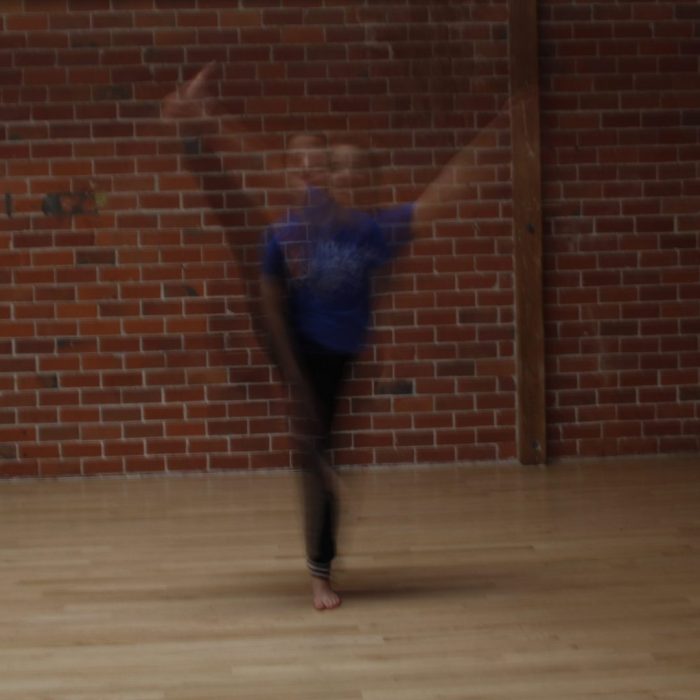
Artwork: Annabelle Armstrong





